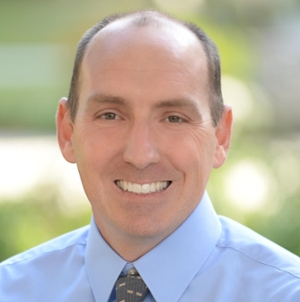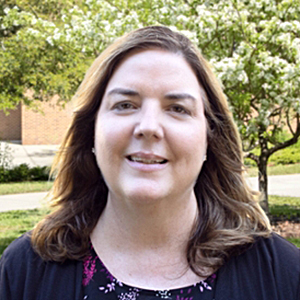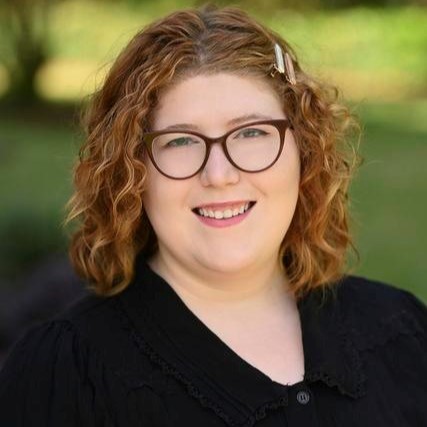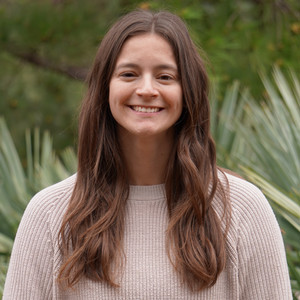Brooks College of Health Advising
The Brooks College of Health, Academic Advising Office takes a proactive approach to serve all student populations interested in the health field.
By advocating and collaborating with all University resources the advising office will assist students in building strong academic and personal skills. Advising will provide personalized and developmental advising geared to assist students' academic and career goals. In addition, advising promotes independent decision-making skills that develop competent individuals.
How to Meet With Your Advisor
We are located in Building 39, Room 2031. General office hours are Monday through Friday, 8 a.m. - 5 p.m.
![]()
Click on the "My Advisor" tab in myNest to see your advisor's contact information.
You can also get to myNest by using the advising tile in myWings.
![]()
To directly make an appointment while logged into myNest, go to the scheduling page.
Drop-in advising (in person & Zoom): 2 - 4 p.m. – Add yourself to the virtual drop-in queue.
![]()
The Brooks College of Health advising office can be reached by phone at (904) 620-2812 or by email at bchadvising@unf.edu
Appointments: Monday through Friday, 8:30 a.m. - 2 p.m.
Advising Staff

Bruce Turner, MPA
Director
bturner@unf.edu

Debbie Kochanowski, M.Ed., M.S.H.
Associate Director
d.kochanowski@unf.edu

Emily Rodriguez-Reyes, M.S.
Senior Academic Advisor (Online Programs)
BCHOnline@unf.edu

Courtney Alexander, M.C.M.
Assistant Director
courtney.alexander@unf.edu

Leah Cate, B.S.H., M.P.H.
Academic Advisor
leah.m.cate@unf.edu

Sarah Carmichael, M.A.
Academic Advisor
s.carmichael@unf.edu
Thank an Advisor
Has your advisor been helpful or do you want to directly thank them for impacting you in a certain way? Fill out this form to thank them!
Student Academic Success Services
SASS is dedicated to helping Ospreys succeed in challenging programs of study, transition from high school to college and become better students. Support options are available in a variety of formats:
- Supplemental Instruction (SI)
- Peer-Assisted Student Success (PASS)
- Academic Tutoring & Coaching
- Webinars & Workshops
All services are free for UNF students.
Majors and Minors at UNF
-
When do I need to declare my major or minor?
You should declare a major by the time you move to sophomore standing (at least 30 hours total). Please be aware though of any selective admissions policies for your intended major. Those programs can be found here: Controlled Access Programs
A minor should ideally be declared at the same time you declare your major, but no later than the semester before graduation, preferably by the time you reach senior standing (90 hours total with at least 30 hours at the 3000/4000 level). Please note that some minors cannot be completed in one academic year due to course sequencing restrictions.
-
What are the different majors and minors that I can declare?
For a complete list of Majors and Minors, please visit our UNF catalog: https://www.unf.edu/catalog/programs/?level=ug -
How do I change my major?
If interested in majors offered by another college, see an academic advisor in the college that offers the programs. -
What is the difference between a double major and a dual degree?
- Double Majors: Double Majors are earning a combination of either two Bachelor of Arts or Bachelor of Science Degrees. Double Majors do not need to declare a minor, but must still meet all the requirements of the majors. A course taken to fulfill a major requirement for the primary major may not count again to meet a requirement for the secondary major. (120 hours total).
-
Dual degrees: A simultaneous or dual degree student is defined as one who completes requirements for two different degrees simultaneously whether in the same college or across colleges, e.g., earning a BFA degree while also earning a BA degree, or a BS degree and a BBA degree, etc.
Registration Information
-
How do I register for classes?
Find out more information about registering for your classes!
-
Common Registration Errors
If you believe the error is incorrect or you have documented justification you can fill out a Registration Override Form located in myWings:
- Go to Student Records tile
- Student Forms
- Online Forms, Appeals, and Petitions
- Scroll to the Records and Registration section
- Select Registration Override Request
-
What is a waitlist and how does it work?
If the class you wish to register for is currently filled, you will have the option of signing up on a waitlist for that section. This feature tells you how many people have already signed up on the waitlist. If the class becomes open and you are the next name on the waitlist, you will automatically be registered for the course. Please note that you may not move into a class from the waitlist if registration in that section would cause you to exceed max hours, if you are already registered in another section of the class, or if you have a hold.
-
How can I request to take a course at another institution?
For concurrent enrollment, you must complete the transient student form on Florida Shines
Note: if you are attempting to take a 3000/4000 level course, you must obtain permission from the Chair of the department first. Click here to view instructions on how to submit a Transient Student Request.
General Information
-
How do I apply to graduate?
Apply in your myWings account or see the Graduation Application instructions at the beginning of the term you plan to finish your classes. After you apply, the advising office will check and verify whether you are ready to graduate. -
When do I talk to my Advisor vs. a Department Chair?
A student's first line of action is their designated Academic Advisor to define the needs and work with the student through the Department(s).
An Advisor may refer a student to the Chair for a variety of reasons, a few of which include when a student is returning from Suspension when transfer coursework needs to be reviewed by the department to see which courses can transfer into the major, when a student is having a dispute with a professor, or if a student is in need of a substitute course to allow them to graduate in a particular semester.
-
How do I return to UNF if I have been suspended?
First Time Suspension: Students who are returning after their first suspension have not broken continuous enrollment and should meet with an academic advisor to discuss his/her plans to continue classes successfully. This meeting should take place at least eight weeks before the semester for which they wish to return. This advising meeting is necessary to process the necessary paperwork for readmission.
Students who have Broken Continuous Enrollment: Students in this category must reapply at the Admissions Office at least 12 weeks before the beginning of the term for which they are seeking re-enrollment. Readmission is not automatic. Once the college makes a decision on the student's request, students are notified of the decision by mail. Students who are readmitted are sent specific instructions on their readmission conditions and given specific procedures to follow so that registration can take place in a timely manner. The reapplication deadline is strictly enforced by the college.
-
How do I find out about current events at UNF?
- Visit the UNF Calendar of Events
- Check your advising Canvas page; turn on your notifications
- Check Osprey Update for Students
- Check the bulletin boards in the Academic Advising office
- Ask your advisor
- Ask your instructors
- Watch your UNF e-mail
-
Who should I contact if experiencing unexpected obstacles on campus, personal, medical, or family emergency; or homelessness?
We recommend contacting your Academic Advisor first but the Office of the Dean of Students offers support and information related to these concerns including medical withdrawals.

